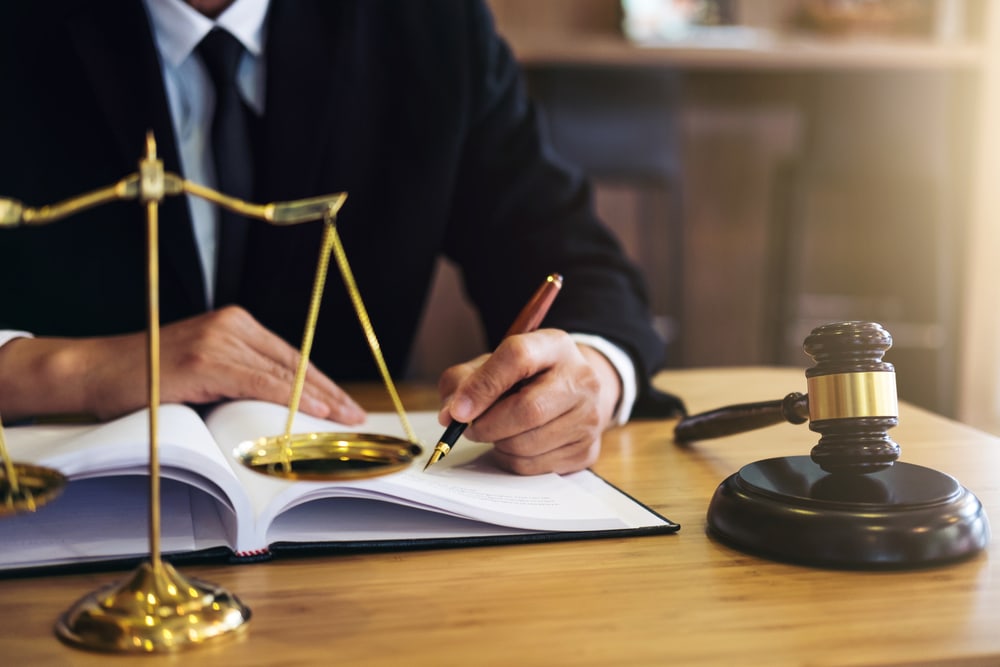Just so. Obviously, Mason never met Trump. But clearly he had someone like Trump in mind. Trump’s pardon of Manafort and Stone, especially when added to his pardons of Michael Flynn, is of exactly the sort Mason feared—in which an apparent connection exists between the president’s personal acts and those of the people whose crimes he has excused. Manafort, Stone, and Flynn, in different ways, were connected to Trump and allegations of criminality. Their pardons may, in part, be rewards for their refusal to help in holding Trump to account—at least that is how it appears to many observers.
The Manafort and Stone pardons are part of a postelection pardon spree. Recent news reports suggest that Trump is also considering broad preemptive pardons for Rudy Giuliani, and three of his adult children—Don Jr., Ivanka, and Eric. And, most notably, public speculation swirls around the possibility that Trump might pardon himself before he leaves office, or, alternatively, resign a day early so that Vice President Mike Pence can assume the presidency and issue him a pardon.
The pardons (even if issued as part of a deal with the vice president) reflect a confluence of interests between the president personally and those he might pardon. Trump’s possible pardons may be tied to his fear that New York will initiate prosecutions of him after he leaves office. By issuing federal pardons now, he hopes that he can render any future federal or state prosecutions more difficult. The pardons are, in that way, an effort to avoid accountability, or, as Mason put it, to “stop inquiry and prevent detection.”
But even extremely troubling pardons are not necessarily unlawful. As adopted by the Founders, the presidential pardon power is subject to only two clear limits—it cannot be used to excuse cases of impeachment and it covers only “offences against the United States,” which is to say only federal crimes (so potential criminal liability for all pardon recipients in, say, a New York state prosecution remains). Some scholars additionally argue that a self-pardon is implicitly also prohibited—the text says that the president may “grant” pardons, and “granting” oneself a benefit of some sort is a strained linguistic construction.
But that’s about it. Everything else about these pardons, including the incentive they give the president’s allies to withhold evidence of criminality, is, unfortunately, within the anticipated scope of the pardon power. Indeed, the Constitutional Convention, having heard and rejected Mason’s prediction, can reasonably be said to have accepted the possibility of pardon abuse as the collateral cost of having a pardon power in the first place.
And why exactly would the delegates have done that? Why did they disregard Mason’s prediction? In the end, his concerns were rejected by his fellow convention delegates because, in their judgment, there were adequate remedies for that type of presidential misbehavior. As James Madison put it: “There is one security in this case [of misused pardons] to which the gentlemen [i.e., Mason and his supporters] not have adverted: If the President be connected, in any suspicious manner, with any person, and there be grounds to believe he will shelter him [with a pardon], the House of Representatives can impeach him; they can remove him if found guilty.”








